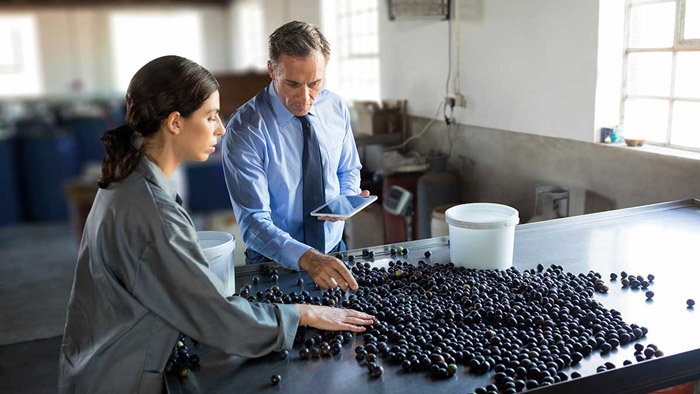
Global biocide industry launches consumer platform on antimicrobials
To explain the critical benefits of antimicrobials, the Center for Biocide Chemistries (CBC) has launched a consumer-oriented website Good Chemistry Lives Here, providing important, factual information about antimicrobials to the public.
Antimicrobials, also known as biocides, help prevent the growth and spread of microbes. A class of antimicrobials, known as disinfectants and sterilants, kill many disease-causing viruses, bacteria, and fungi. Antimicrobials also support material preservation, essential to product sustainability, while others ensure countless manufacturing and industrial processes are not compromised by microorganism growth.
The Center for Biocide Chemistries is comprised of more than 50 companies that manufacture and/or formulate biocide products (also known as antimicrobials or antimicrobial pesticides). In addition, there are several affiliate members that support those manufacturers and formulators. The Center for Biocide Chemistries is among the principal associations of registrants in the biocide industry.
The center addresses a broad range of scientific, research, regulatory, legislative, legal and educational issues pertaining to biocide use in industrial, institutional and residential settings. Established in 1986, membership in the center provides unique opportunities for companies involved in the biocide business to engage in critical dialogue with one another and a variety of regulators as well as help shape the industry.
The center’s member companies are registrants of biocides that are used in a broad array of applications, including:
• Preservatives for paints, coatings, fabrics, latex matrices, fuel, metalworking fluids and many other products as protection from microbial contaminants that spoil, decrease in-use service life, and compromise product integrity.
• Water treatment chemicals to reduce fouling, maintain energy efficiency and protect equipment and material inputs.
• Antifoulants as a means to control marine biofouling that results from the build-up of organisms, primarily barnacles, macroalgae and microbial slimes, that accumulate on the surfaces of ships’ hulls and submerged permanent structures, such as piers and drilling platforms; and if left uncontrolled, result in lost productivity, decreased efficiency, increased energy use, time losses, and environmental damage.
• Wood preservatives, which can maintain wood products for over 20 years and thus decrease demand on forests and transport of materials.
• Public-health biocides, including drinking water treatments, products to eliminate or control pathogens in processing food, hospital disinfectants, and in consumer cleaning and other household products.









